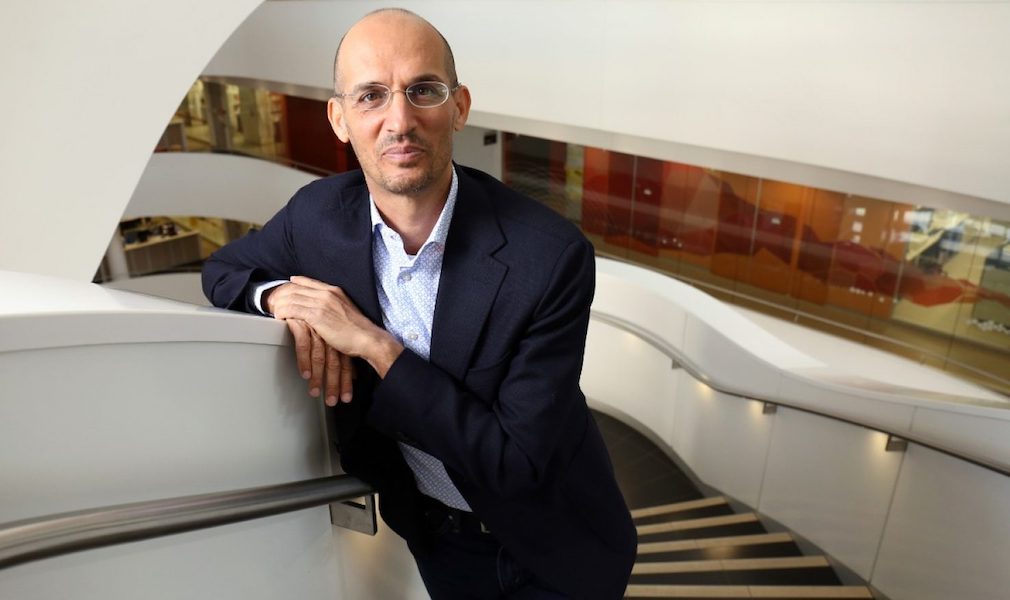The research of Dr. Luigi Fontana has shown the connection between diet and longevity.
On December 9, 2016, there was a major conference at Villa Eden entitled "Nutrition and longevity: the secrets to living a long and healthy life from scientific research." The exceptional guest was Prof. Luigi Fontana, Professor of Medicine and Nutrition at the University of Brescia and Washington University in St. Louis, USA, and author of essays in international journals such as Cell.
During the event, Prof. Fontana spoke about the positive results of his research based on the impact of calorie restriction on longevity. His discussion focuses on the assumption that a well-structured diet can act considerably on the genes that determine the processes of aging.
The university teacher, supporter of a range of quality-oriented food and the reclamation of ancient, traditional nutrients, presented the results of his research, which focused on a few key points. One, calorie intake mainly in the early hours of the day, and two, a 12% reduction in daily protein calorie consumption.

In the second point it must be specified that it is of fundamental importance to replace, without totally eliminating, animal proteins with those of vegetables. The third point is to consume only cooked or raw vegetables accompanied by a couple of tablespoons of olive oil, for a maximum of 500 calories, done weekly, for two non-consecutive days.
The substitution of animal protein with vegetable ones is based on the fact that animal proteins contain amino acids that damage cells, while vegetable proteins help to reduce inflammation, positively affecting the bacteria in your digestive system.

Finally, Prof. Fontana’s studies, as he also explained to Time magazine, have generated another highlight: the semi-fasting periods produce a metabolic level stimulation of a veritable "autophagy" process, a sort of bodily self-cleansing, produced by healthy cells that begin to feed on proteins, organelles and dysfunctional mitochondria, ridding the body of this internal "biological waste."

